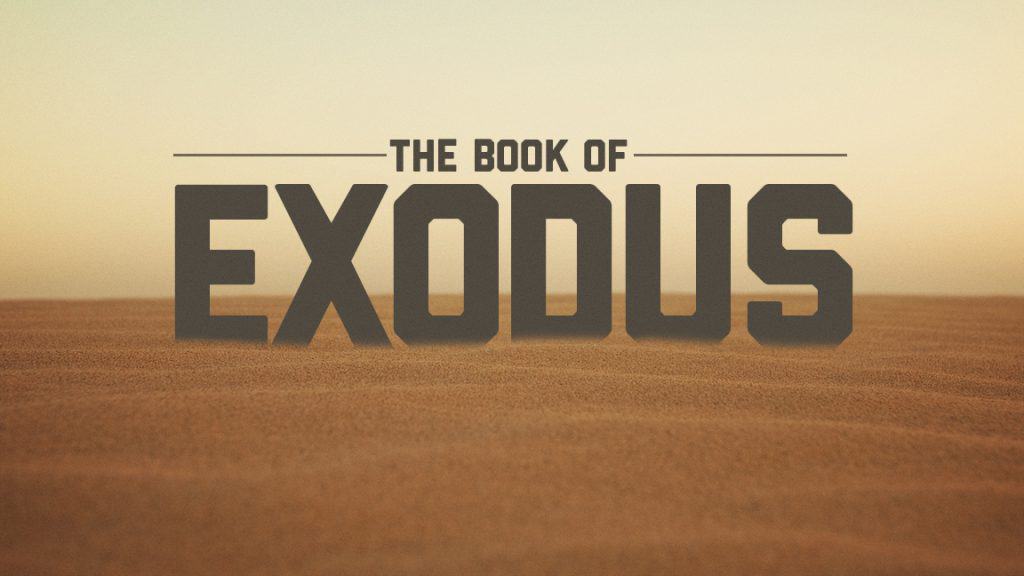Aaron saw how excited the people were, so he built an altar in front of the calf. Then he announced, “Tomorrow will be a festival to the LORD!” Exodus 32:5 NLT
Admittedly, Aaron had a tough job. No one had ever been the high priest before. He was no theologian. A few weeks ago, he was a slave like everybody else. Moses was gone and had been for an uncomfortably long time and he left very little in the way of instructions. Now Aaron was faced with a nation on the verge of becoming a mob.
Their request, their demand, is fascinating. It wasn’t, “Lead us out of here.” It wasn’t, “Find us some food.” It was, “Make us gods.”
We want to worship something,
Aaron. Make us gods to worship. Something outside us. Something greater than ourselves. Things are uncertain. Restore a sense of balance, familiarity, comfort to us. Make us gods.
So Aaron took their earrings and bracelets, melted them down, and molded and sculpted a calf. Not a bull, mind you. A calf. A manageable, harmless god. One that had potential, but one that was not especially imposing. The people were ecstatic. The god was exactly what they wanted. “This is your god, Israel. The one who brought you up out of Egypt.”
And Aaron, wanting to capitalize on the moment, wanting to harness the emotion, announced, “Tomorrow is a festival to Yahweh!” They took something they had created out of their own imagination, using their own resources, called it GOD and worshipped it.
We live in a culture that is grasping for gods.
God help us not to use our own resources, our own imagination, and craft for them what they want. An emotional experience. A platitude. A compromise. Call it God and worship it.
Sometimes we are not much different than the culture we live in. Too often we seek the comfort of a god we design, a god who is close to the True God but whose standards are more flexible … and familiar. Too often, we look for emotional gratification, an experience, intellectual validation, or reassurance rather than spiritual transformation, repentance, or holiness. More often than we’d care to admit, we create something, call it GOD, and worship it.
God help us point people to what they need. God help us not settle for anything less for ourselves. The gospel. The truth. Transformation. The One True God, Maker of heaven and earth. He is God alone, worship Him.
Why do people settle for something less than the One True God?






